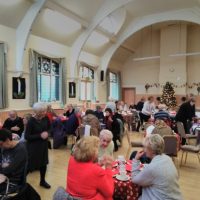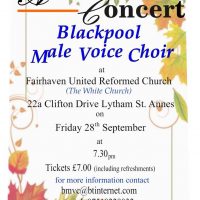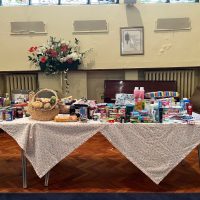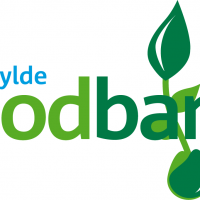I am writing this August newsletter a little bit earlier than usual at the beginning of July because I am going on holiday and it will be too late for some magazine deadlines by the time I get back. Even so, we are now well past Pentecost and into what some church calendars call ‘ordinary’ time, a long slow crawl towards Advent with no major festivals, a period relieved only by the secular, and these days rather muted celebration, of Harvest. However it is now summer, Covid regulations have been relaxed, and holidays fill our thoughts to enliven this absence of church festivals and brighten up our days with fun-filled activities or just lazy days in the sun, and the only long slow crawl is that on our roads or at the airport (possibly?) on the way to our holiday destinations.
Modern holidays of course are very different from what people would have had in the past. The very idea of going away from home for a week or two (or even longer) to the seaside or the country, going abroad or doing something adventurous would have been incredible to our ancestors. There was certainly no such thing as paid leave from work, many people were tied to the land as serfs or peasant farmers, and only the very rich could afford to travel for pleasure, so what did ordinary people do to take a holiday? The word itself gives us a clue – a holiday is of course a holy day.
Even in the long period of ‘ordinary’ time when there is so much work to be done on the land or in various trades while the days are long and the weather is kind, although there are no major festivals there are always saints’ days to be observed and celebrated. Churches would always celebrate the feast day of their patron saint and all those living in the parish could have at least a day off from their labours. They might even have a fair especially in the market towns, which could last several days, possibly even as long as a week, and although work would still have to be done during this period there would be extra time off. Such fairs might be established by royal charter as for example one in Newbiggin by the Sea, where I began my ministry, where in 1204 King John granted a charter for a weekly market and a ‘seven day fair at St. Bartholomew’s tide.’
Apart from those who made their living from such fairs however there were very few opportunities for people to travel. In early mediaeval times men may have been able to go on crusade but for the ordinary person such things were only possible if there were no attachments or responsibilities at home. For some there may have been a chance to go on pilgrimage but again there would have to be no attachments or they would have to be well off. It was often only those of independent means or ‘religieux’ (monks and nuns etc.) who would be able to go, although even ordinary people could seek lodgings at abbeys, monasteries and priories.
Most pilgrimages would have a specific purpose and destination, such as doing penance for sin, seeking healing and visiting the shrine of a particular saint, but back in summer 2018 I went on a Sabbatical in which I investigated the Celtic style of pilgrimage on which there might be no such goal. Participants would simply set out from home (often a monastery, which might be a mixed community of monks and nuns, possibly even including married couples and families) to ‘travel with God’. Along the way they would minister to the people they met and spread the gospel, rather like the disciples whom Jesus sent out in chapter 10 of Luke’s gospel. While I didn’t travel as light as they did, I had my car for part of the journey and took my laptop too, I did walk the 62 miles of St. Cuthbert’s Way from Melrose Abbey to Holy Island. And I came back as excited and enthused as they did, refreshed and ready to share my experiences of a blessed journey with God.
Wherever you go this summer I hope you have a truly blessed time.
Janet.






